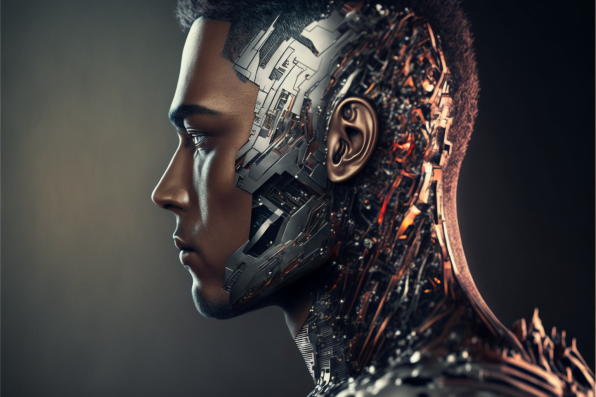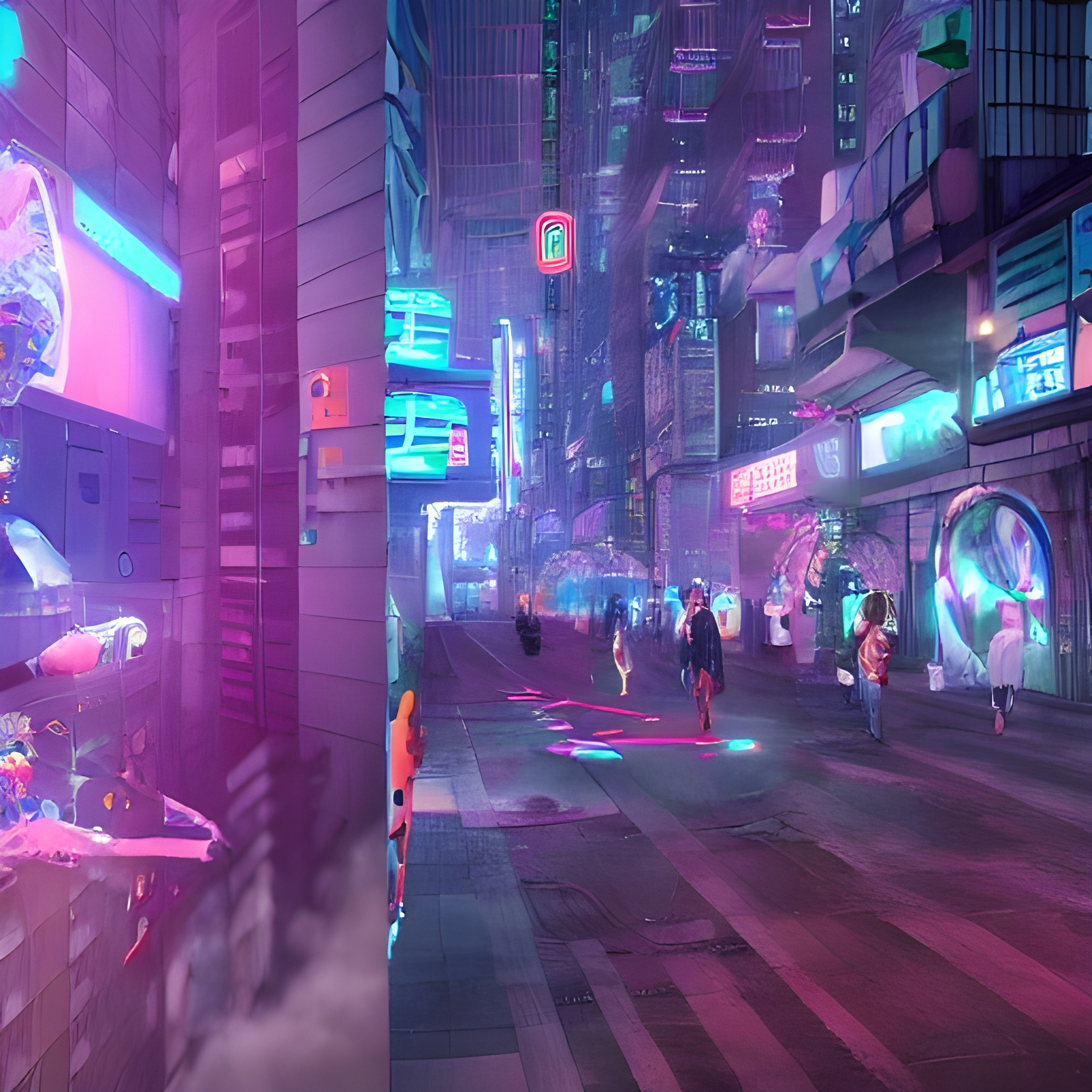Introduction Artificial Intelligence (AI) has been rapidly expanding its presence in various industries, including healthcare, finance, and manufacturing. In recent years, AI has become increasingly prevalent in the workplace, leading to a debate about its impact on jobs.

While some argue that AI can enhance productivity and create new job opportunities, others fear that it may displace human workers and cause widespread job loss. In this article, we will explore the rise of AI in the workplace and the ongoing debate around its impact on jobs. The Rise of AI in the Workplace Over the past few years, AI has been adopted by companies of all sizes, from small startups to large corporations. AI is being used to automate repetitive tasks, improve decision-making capabilities, and analyze large amounts of data. Some examples of AI in the workplace include chatbots that handle customer service inquiries, software that automates administrative tasks, and algorithms that analyze sales data to identify trends. The Debate around AI's Impact on Jobs The growing use of AI in the workplace has raised concerns about its impact on jobs. Some experts argue that AI will create new job opportunities, as workers will be needed to develop and maintain AI systems. They also argue that AI can take on tedious and dangerous tasks, allowing human workers to focus on higher-level work that requires creativity and critical thinking. Improved
Efficiency and Productivity
One of the most significant benefits of AI in the workplace is its ability to automate repetitive tasks, freeing up human workers to focus on higher-level work. This automation can lead to improved efficiency and productivity, as AI can complete tasks faster and more accurately than humans in some cases. By taking on tasks such as data entry and administrative work, AI can allow employees to focus on more strategic and creative work.
Enhanced Decision-Making Capabilities
AI can analyze large amounts of data and provide insights that would be difficult or impossible for humans to discover on their own. This can lead to enhanced decision-making capabilities in the workplace. For example, AI can help businesses identify trends in customer behavior, analyze financial data, and make more accurate predictions about the future. By providing valuable insights, AI can help businesses make more informed decisions.
**Reduction of Errors and Risks **
AI can help reduce the risk of errors in the workplace. For example, in the healthcare industry, AI can help identify potential medical errors and improve patient safety. In manufacturing,
The Cons of AI in the Workplace
Artificial Intelligence (AI) is becoming increasingly prevalent in the modern workplace, with the potential to improve productivity, efficiency, and accuracy. However, there are also several significant cons of AI in the workplace that should not be overlooked, including potential job loss and displacement, as well as the need for new skill sets. One of the most significant cons of AI in the workplace is the potential for job loss and displacement. As AI systems become more sophisticated and capable of performing tasks that were previously done by humans, there is a risk that some jobs will become redundant or unnecessary. This is particularly true for repetitive and routine tasks that can be easily automated, such as data entry or basic customer service tasks. While AI may lead to the creation of new jobs, particularly in areas like software engineering or data analysis, the transition period may be difficult for many workers who find themselves out of work or in need of retraining.
Automation of certain tasks may require new skill sets
Another potential con of AI in the workplace is the automation of certain tasks, which may require new skill sets. While AI may be able to perform certain tasks more efficiently and accurately than humans, it cannot yet replicate the full range of human capabilities, such as empathy or creativity. As a result, workers may need to develop new skills or adapt to new roles that require more complex problem-solving or strategic thinking, rather than simply performing routine tasks.

This can be particularly challenging for workers who have been in the same role for many years and may not be accustomed to learning new skills or adapting to new technologies. In addition, there are concerns about the potential bias and discrimination that can be introduced by AI systems in the workplace. AI algorithms are only as good as the data they are trained on, and if that data is biased or discriminatory, the results produced by the AI system may also be biased or discriminatory. This can have serious consequences for individuals who are unfairly discriminated against, as well as for companies who may face legal or reputational damage as a result.
** Conclusion:**
The topic of whether AI will replace humans in the future is a subject of much debate and speculation.
While some experts believe that AI has the potential to replace humans in many areas of work, others argue that humans will always have a role to play in the workforce. One of the key arguments in favor of AI replacing humans in the future is the increasing sophistication and capabilities of AI systems. AI can already perform many tasks more efficiently and accurately than humans, particularly in areas that involve data analysis or pattern recognition. As AI systems continue to develop, it is likely that they will become even more advanced, potentially replacing humans in many areas of work. Another factor that could lead to AI replacing humans in the future is the potential cost savings for companies. While AI systems can be expensive to develop and implement, they can also be more cost-effective than human workers in the long run, particularly in industries where labor costs are high. For example, in the manufacturing industry, robots and other automated systems have already replaced many human workers in tasks such as assembly line work and quality control.
Companies are jumping on AI but I think this is another example of 'Leaping before Looking'. Everybody knows what the chatbots can do but the AI will give the same description/script unless a human personalizes the inputs before hand. It will be interesting to see how the messaging of companies change and to see if there are any similarities in message between companies in the same field. If they are lazy with AI and just copy paste the first response they get, it will be obvious.
There is reasonable evidence that this article is machine-generated. Posting such content is considered fraud.
Fraud is discouraged by the community and may result in the account being Blacklisted.
Guide: Why and How People Abuse and Defraud
If you believe this comment is in error, please contact us in #appeals in Discord.